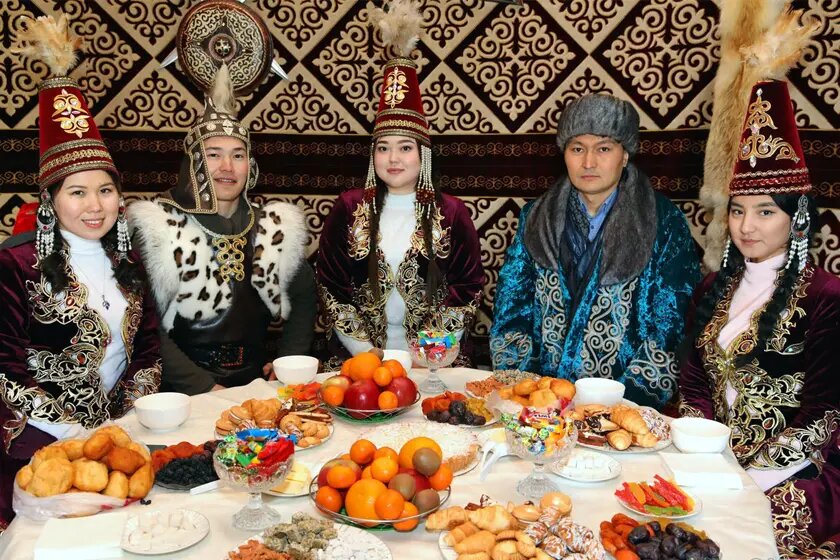Nowruz UNESCO recognition renewed as Mongolia joins 12 participating nations
Nowruz UNESCO recognition renewed as Mongolia joins 12 participating nations
TEHRAN - The ancient Nowruz festival has achieved global recognition once again, as Mongolia joins 12 other nations to secure its inscription on UNESCO’s Representative List of the Intangible Cultural Heritage of Humanity.

This marks the third successful listing of Nowruz as a shared cultural heritage, highlighting its profound cultural significance in vast parts of Asia.
The journey of Nowruz’s recognition began in 2010 when it was first inscribed on UNESCO’s list with contributions from seven countries of Iran, Azerbaijan, India, Kyrgyzstan, Pakistan, Turkey, and Uzbekistan.
In 2016, the inclusion of Afghanistan, Iraq, Kazakhstan, Tajikistan, and Turkmenistan expanded the list. Now, with Mongolia’s participation in the 2024 UNESCO session held in Paraguay, the list of countries celebrating this vibrant spring festival has grown to 13.
Nowruz, observed on the vernal equinox, symbolizes renewal, harmony, and a deep connection with nature. Its customs, rooted in ancient traditions, include greeting the sunrise, sharing festive meals, resolving disputes, and celebrating unity through cultural performances and sports.
In Mongolia, people celebrate Nowruz as a major annual event, the festivities feature unique practices such as lighting candles for prosperity and preparing traditional dishes like koje soup.
The inscription highlights the festival’s role in promoting cultural diversity, mutual understanding, and solidarity among the participating nations: Iran, Afghanistan, Tajikistan, Turkmenistan, Uzbekistan, Kazakhstan, Kyrgyzstan, Azerbaijan, Turkey, Pakistan, India, Iraq, and Mongolia.
As a shared living heritage, Nowruz continues to foster connections between communities, bridging cultural differences and encouraging intergenerational learning through its rich traditions.
AM
source: tehrantimes.com